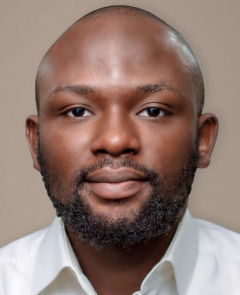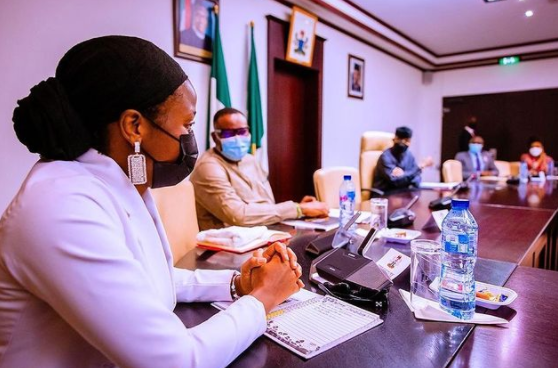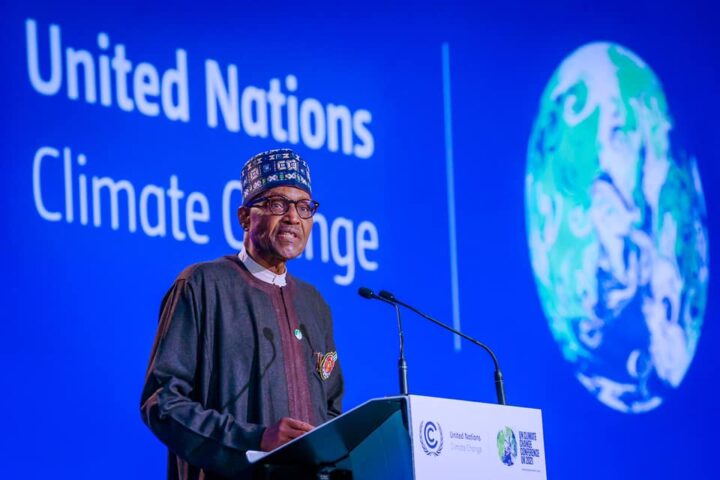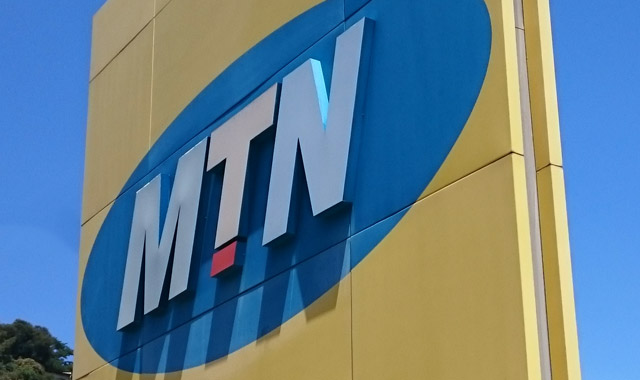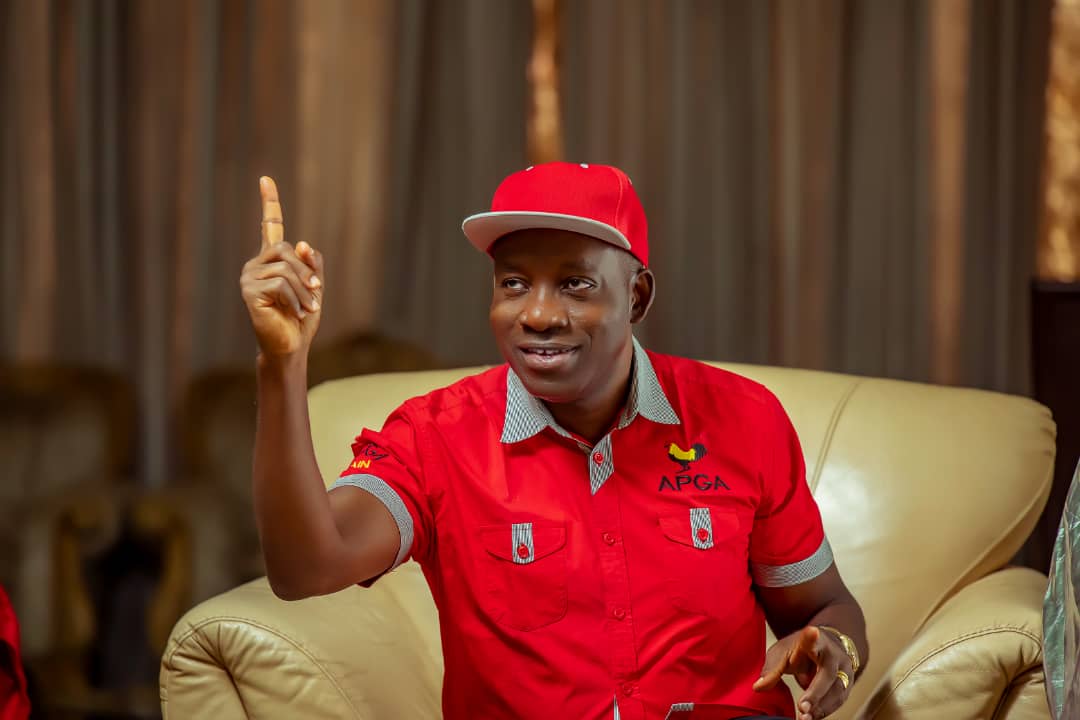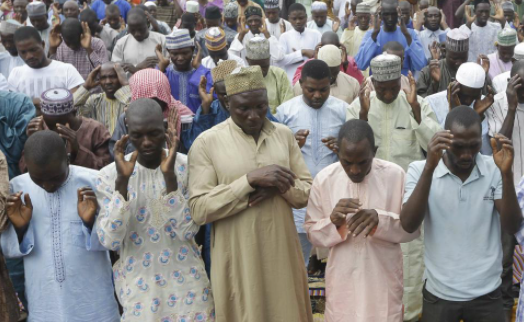In my book, ‘The Urgency of Now’, I dedicated an entire chapter to what I described as the danger of illusion. Specifically directed at young people, I highlighted a few of the things that I reckon only provide a false sense of participation. Two of the things I observed in that chapter are hashtag activism and purity politics.
On hashtag activism, I wrote that “there is a danger in not realising that as powerful as social media, it can never substitute the need for real political action. Digital technology is always latent at best, the real action is the activation and that is what can translate into result and outcome”. On purity politics, also known as pious politics or being politically woke, I adapted the address of the former US President, Barack Obama, whom while speaking at the Obama Foundation Summit in 2017, observed that: “We can’t completely remake a society in a minute, so we have to make accommodation to the existing structures”.
Obama added: “This idea of purity and you are never compromised, and you are always politically woke and all that stuff, you should get over that quickly. The world is messy. There are ambiguities. People who do really good stuff have flaws”. The relevance of this homily by Obama, was again brought to the fore after a few comedians, under the aegis of Nigeria Skits Industry Award, were recently pictured in a closed-door meeting with Vice President Yemi Osinbajo. One of them, quite notably Mariam Akpaokagi, known as Taaooma, later disclosed that she accepted the invitation to be a part of the delegation, as a Trojan Horse (God rest the people of Troy), to lend her voice to some of the burning issues that affect young people including the Twitter ban and the continued harassment and utter violation of the rights of young Nigerians.
But the Nigerian social media community would not have any of that, particularly the vociferous minority who continuously hassled her and her colleagues with a barrage of queries, all manner of internet trolls went after her until the lady resorted to public apology for doing absolutely nothing, other than engaging the political leadership. I considered it a classic case of mob justice and man’s inhumanity against man. It is impossible to say you believe in democracy, then demonise people for the expression of their choices. It is warped and incongruent.
Advertisement
While it is impossible to absolve Nigeria’s present and past political leadership of their egregious failure which has made Nigeria the world’s leading global benchmark for underdevelopment, there is an even greater danger in not knowing that the present pattern of purity politics morphed into cancel culture can never help the cause of young people.
Before we get ahead of ourselves, what exactly are the real issues, they are that of underdevelopment and underrepresentation. The realities of government do not reflect appropriate investment in young people, and young people are also largely underrepresented in government and leadership despite being in the country’s demographic majority. Young people continue to seek opportunities to lead the country’s development effort, but the system is rigged against young people and does not presently provide fair opportunities.
To fix the challenges, it requires that the population (young people) who are most affected by the government’s policy must get more than enough seats at the table. In my own experience, getting seats at the table requires intergenerational dialogue, cooperation and mutual understanding that highlights the energy, inventiveness, and dynamism of young people, and leverage the depth and experience of the old order.
Advertisement
History has shown that most democratic progress is always the result of elite consensus. It is why dialogue and engagement will always be central to democratic development. Although, while this may mean patient progress, it can lead to a more sustainable outcome. It is impossible to want change and then maintain a distance from the political leadership, it does not work, the answers lie mostly in political engagement.
At a 2016 town hall in London, Obama noted that “the value of social movements and activism is to get you at the table, get you in the room”, Obama also corroborated this position a few months later in his Howard commencement address that “If you think the only way forward is to be as uncompromising as possible, you will feel good about yourself, you will enjoy a certain moral purity, but you are not going to get what you want”.
In our fight for progress, it is important that we are clear-eyed about a few things, that foremost, democracy is about the plurality of ideas. The right to freely associate and approach issues from different perspectives. Another important point to note is that dialogue and engagement are the basic ingredients of democracy. And lastly, that we can be on opposite sides but sit at a table to engage for the greater good.
Above all, young people must understand that the real work is beyond social media, the real work is on the streets, grassroots and the hinterlands, those places most of us do not even know exist.
Advertisement
Views expressed by contributors are strictly personal and not of TheCable.
Add a comment
